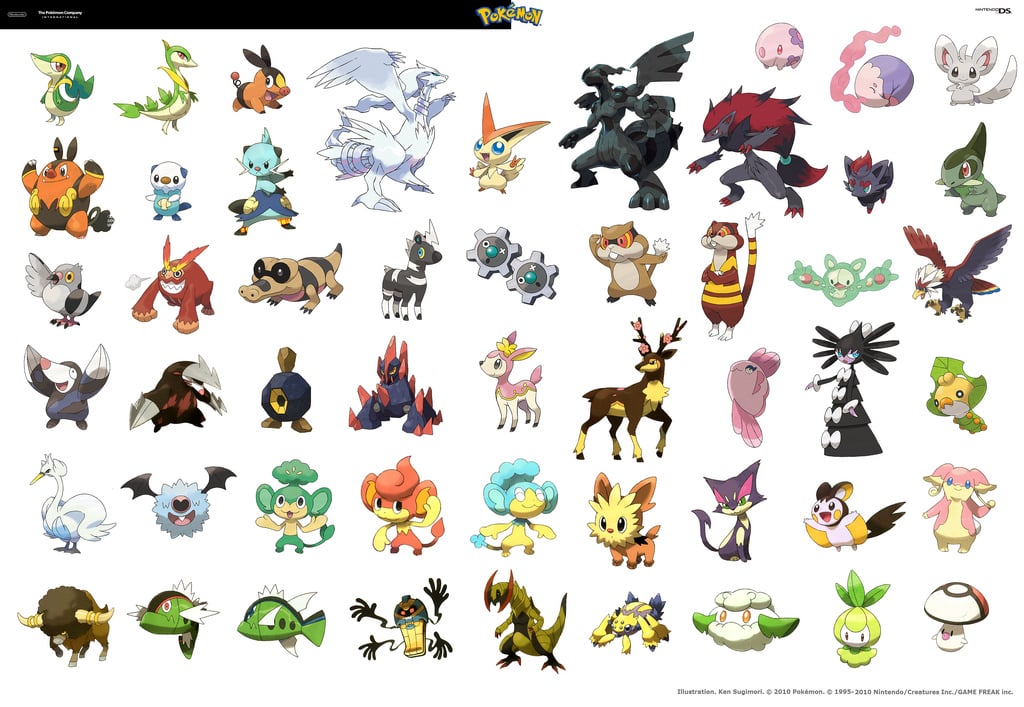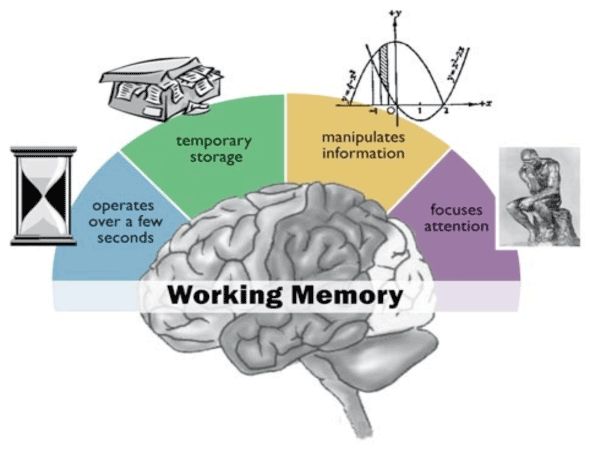
Avid Pokémon video and card game fans were recently called upon to use their expertise for an unusual task – to help scientists understand the inner workings of the brain. Specifically, Weiwei Zhang, an assistant professor at the University of California, Riverside, wanted to learn the connection between the short-term — or working memory — and long-term memory.
According to the researcher, while the human brain’s ability to store information is infinite, accessing it can be a little tricky. That’s because the working memory, which, enables us to learn and retain data for short periods of time, has a limited capacity. Too much information causes what Zhang refers to as a “bottleneck,” or a traffic-jam, limiting cognitive abilities like creativity. He was curious to see if one could boost or supplement this limited range with help from the long-term memory.
To test this, Zhang and his co-researcher, graduate student Weizhen Xie, enlisted a group of Pokémon aficionados. The university students, who had grown up playing the game, were more familiar with its first generation characters such as Pikachu, Squirtle, and Charmander than the more recent, fifth-generation Pokémon.

The researchers began by asking study participants to name their favorite characters and explain why they were special. This enabled them to assess each student’s familiarity with the game. The test group was then shown five randomly selected characters, a mix of old and new Pokémon, for half a second each and asked to retain the images in their working memories for one second. In the final experiment, each participant was shown a single Pokémon character and asked to identify if it belonged to the first or fifth generation.
An analysis of the results showed that those more familiar with Pokémon characters before the study, were not only able to easily recall the characters they knew but also more proficient at identifying ones they had just been introduced to. In other words, the better they knew the first-generation Pokémon characters, the more they were able to remember the series of characters in the short-term, whether old or new.

Zhang, who published the findings in the Journal, Memory and Cognition in December 2016, says, “These results suggest that long-term memory, specifically familiarity, could boost working memory capacity, another example of 'practice makes perfect.”
Of course, the research has greater value than showing someone can identify and remember Patrat and Watchog. The scientist believes it has important implications for academics, saying, “For example, those preparation courses for MCAT or SAT may have familiarized their students with the testing procedure and the scope of assessments such that the students could perform better simply because they had a better working memory for the testing materials." So the next time your teacher or parent asks you to practice before an exam, do not resist – it will go a long way in helping you achieve your goals!
Resources: sciencedaily.com, zmescience.com, ucrtoday.ucr.edu